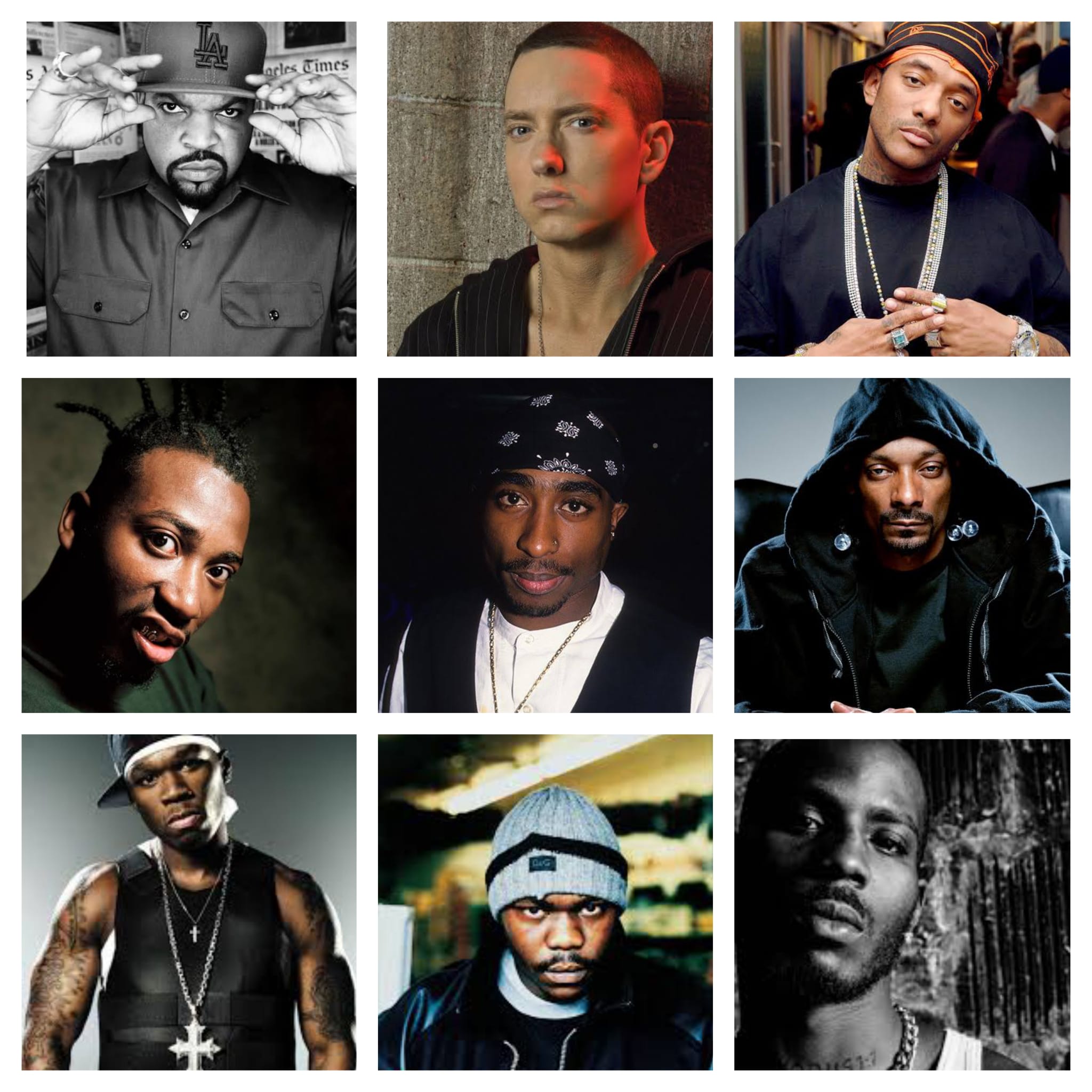
Beats, Business & Balance: Hip Hop’s Impact & Performer Wellness
More than beats and rhymes, hip-hop history has been a journey of resilience, reinvention, and global cultural influence. Over the decades, it has been the transformation from block parties into boardrooms, turning the industry upside down and creating opportunities for new forms of hip-hop commerce.
An order that comes with growth and power, and pressure on the performers. Never has it been as important to understand the shifts in the industry and the performers’ need for stress management.
How has hip-hop changed the music industry?
Hip hop changed music industry value chains, from creation to consumption. It has innovated through changes in medium—one of its thrills, having been the shifts in format, was filled with artist empowerment. The history of hip hop demonstrates how artists have transformed their personal experiences into anthems that have spread around the globe, influencing everything from fashion to media and politics.
Unlike other genres, hip-hop has challenged its traditional industry lines. Artists started their labels, started their fashion lines, and created great empires through stories. Thus came the vast opportunities in the hip-hop business, which encouraged a whole new generation of creators to start thinking beyond the stage.
Why does stress management for performers matter?
Fame does bring with it some very serious pressures. Traveling nonstop, being judged by unknowns, and trying to stay in the spotlight are pressures that can wreck or at least chip away at any ounce of mental or physical health. Stress management for performers is basically how they keep their heads afloat.
Innate stress drains artistic creativity, relationships, and careers that come with time and hard work. Presently, just as hip hop evolved systems for business independence, so must performers learn to build systems for resilience.
What strategies support balance in music careers?
An artist’s development must be balanced with their well-being, and this requires careful consideration. Here are some approaches that performers can use to sustain both art and self:
- Mind-body practices: Meditation, yoga, or simple breathing routines help reduce anxiety before shows.
- Professional support: Therapists, coaches, or mentors provide guidance through career challenges.
- Time management: Scheduling downtime is as vital as booking studio sessions or tours.
- Healthy connections: Surrounding oneself with a trustworthy circle creates emotional stability.
- Purpose-driven work: Staying true to cultural roots ensures careers remain meaningful.
With these measures, the performing artist may protect their mental health while navigating through this industry largely created by the history of hip hop. Artists may carry longevity without abandoning their authenticity by placing their well-being alongside their ambition.
Choosing The Right Partner
The story of hip hop is one of creativity, courage, and change. It recalls the notion of an order of human needs that comes behind the beat as a side offering for any new hip-hop outlet. Stress management for the artist needs not just to be an option—it has to be the basis of working success. At Is Hip Hop Dead, we consider perspectives, culture, business, and wellness to help the movement stay alive and thriving.


